Afghan cabinet passes bill to try ministers for corruption
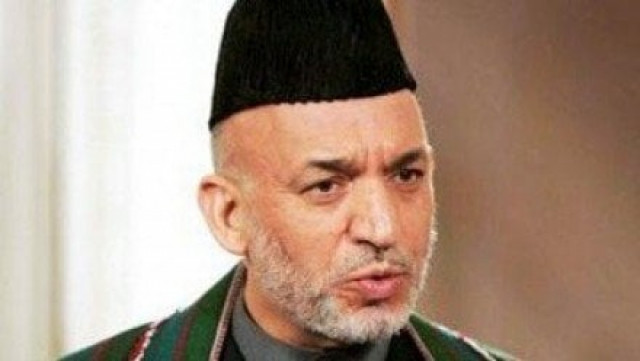
Afghan cabinet passes bill to try ministers for corruption
Once passed by the parliament or presidential decree, the bill would allow the creation of a special tribunal to try officials accused of graft, spokesman Waheed Omar told reporters.
“This is an important initiative addressing the cases of high-ranking government officials, ministers who either currently or have in the past been accused of corruption,” he said. Under Afghan law, ministers are immune from prosecution in ordinary courts.
US-backed President Hamid Karzai promised to crack down on corruption after being re-elected in controversial polls marred by fraud last August. Official graft is rampant in Afghanistan, putting the poverty-stricken nation among the most corrupt governments in the world.
According to one recent report by a local non-profit watchdog, corruption in Afghanistan doubled in three years since 2006.
Afghans paid one billion dollars in bribes in 2009, twice the value of those paid in 2006, according to Integrity Watch Afghanistan (IWA). In a poll of 6,500 Afghan adults, more than a quarter of households said they had paid a bribe to receive a public service.
Meanwhile, the European Union has suspended a 600-million-euro aid package to Afghanistan until after a major conference in Kabul this month, the EU’s envoy to the country told an agency on Tuesday.
A decision on extending the aid, worth 200 million euros a year for the next three years, would be made in September, said Vygaudas Usackas. “The EU deliberately postponed the three-year aid package from May until September to see what the Afghan priorities are and how our programme fits into those priorities,” he said.
Afghanistan is set to host a major international conference on July 20, at which its major Western partners will expect to hear what progress has been made on a wide range of issues, and what plans there are for the future. One of the catch-words of the conference is “alignment”, a reference to coordinating Afghanistan’s wish-list for development projects with the expectations of international donors.
Usackas said the European Union had met Afghan officials to discuss the coordination of development priorities. “Last week we had high level consultations with officials from the finance ministry and the foreign affairs ministry on aligning our programmes with Afghan-defined national priorities, which will be reflected in the Kabul conference,” Usackas said.
He said that extending the aid to Afghanistan would be “conditional on the memorandum signed between the parties to ensure that there are checks and balances”.
The European Union’s aid programmes in Afghanistan were predominantly in rural development and agriculture, governance and rule of law, health, and regional co-operation, he said. The aid suspension - and the demand for accountability - comes after billions of dollars in US aid to Afghanistan was blocked amid allegations that billions in donor funds had been transferred out of the country.
Representative Nita Lowey, who sits on the powerful committee in charge of the budget, said last month she would hold hearings into allegations that senior Afghan officials were moving the money to foreign safe havens.
British newspaper The Times cited a letter from Afghan Finance Minister Omar Zakhilwal to Lowey saying 4.2 billion dollars had been transferred overseas.
Afghanistan is rated as one of the world’s most corrupt countries by the Transparency International watchdog.
The allegations came amid rising concerns that corruption in Afghanistan was worsening despite assurances from President Hamid Karzai that official graft would take priority in reforms.
Diplomats have said that the international partners who attend the Kabul conference will be looking for signs of progress on corruption, as public opinion turns sour on continued military and aid commitment to Afghanistan.
Published in The Express Tribune, July 14th, 2010.

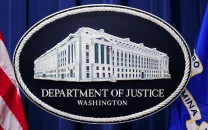

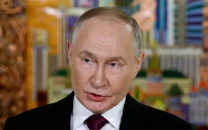
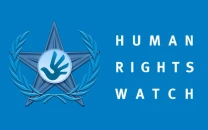
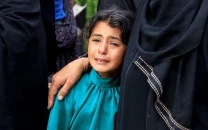
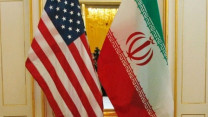












COMMENTS
Comments are moderated and generally will be posted if they are on-topic and not abusive.
For more information, please see our Comments FAQ